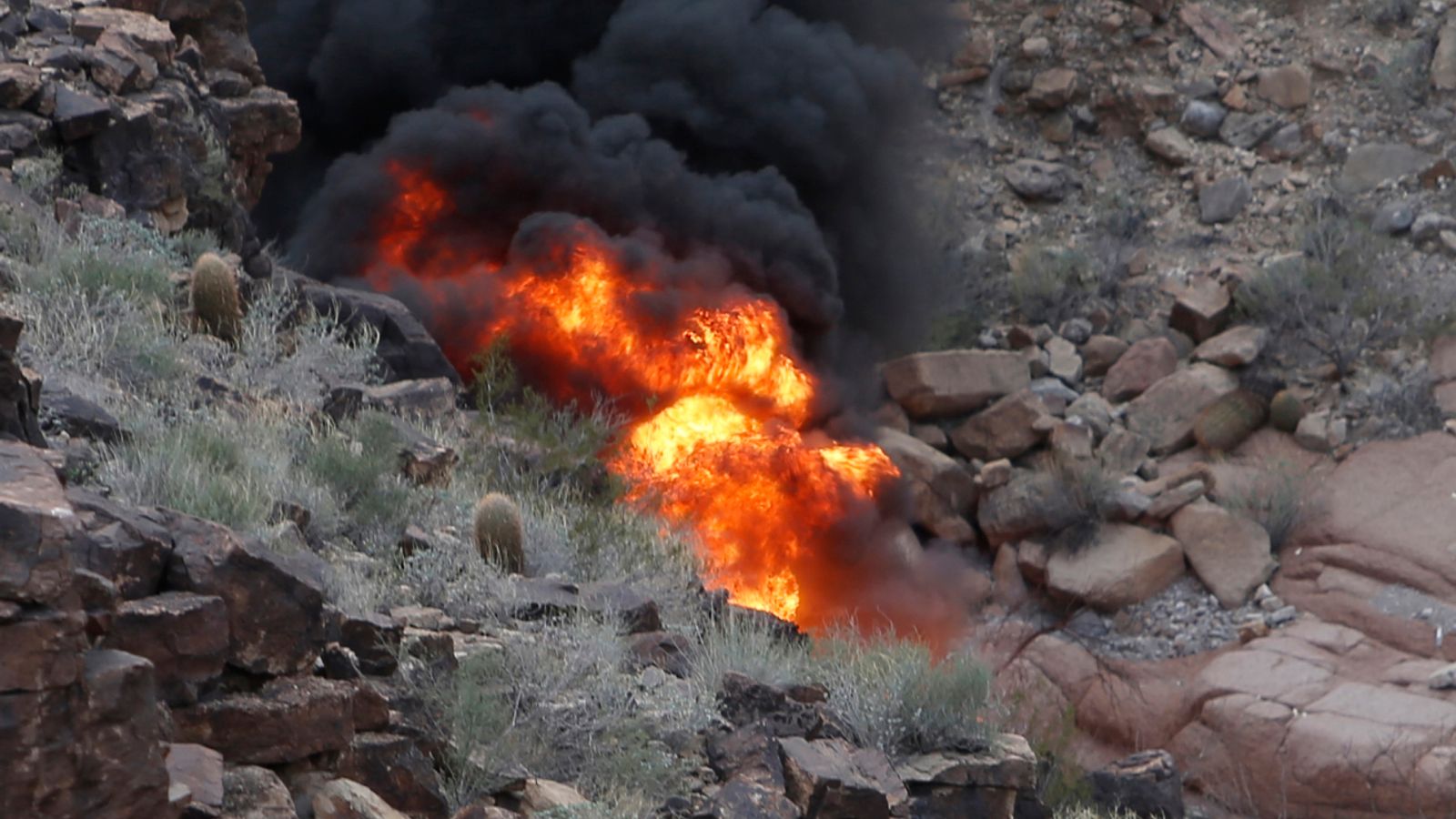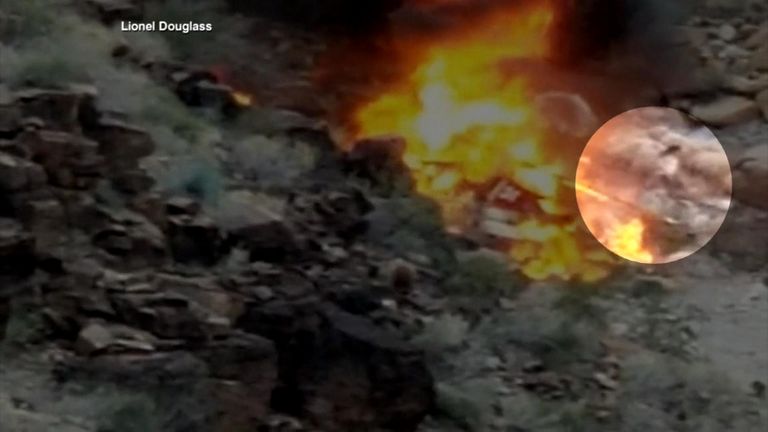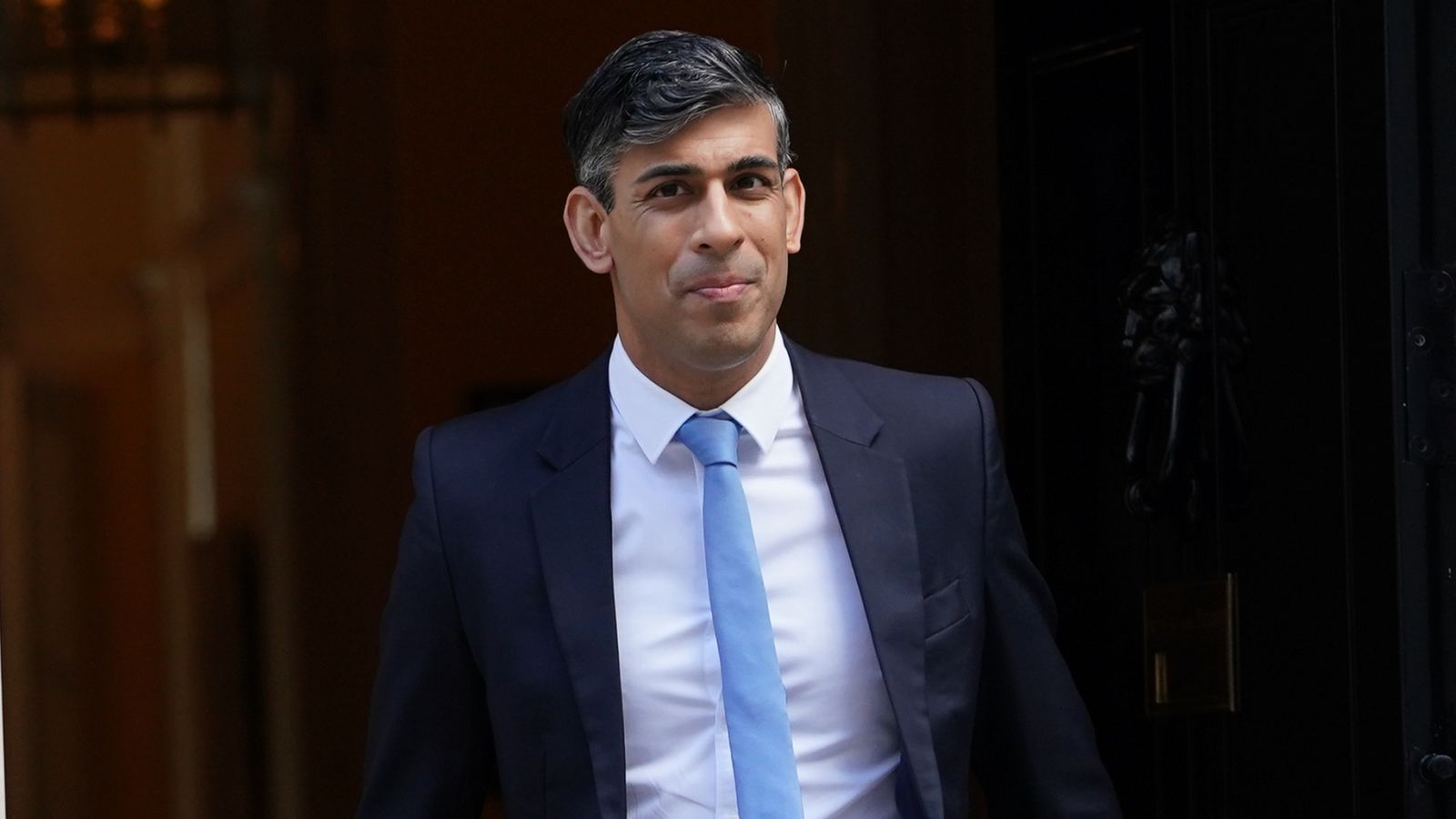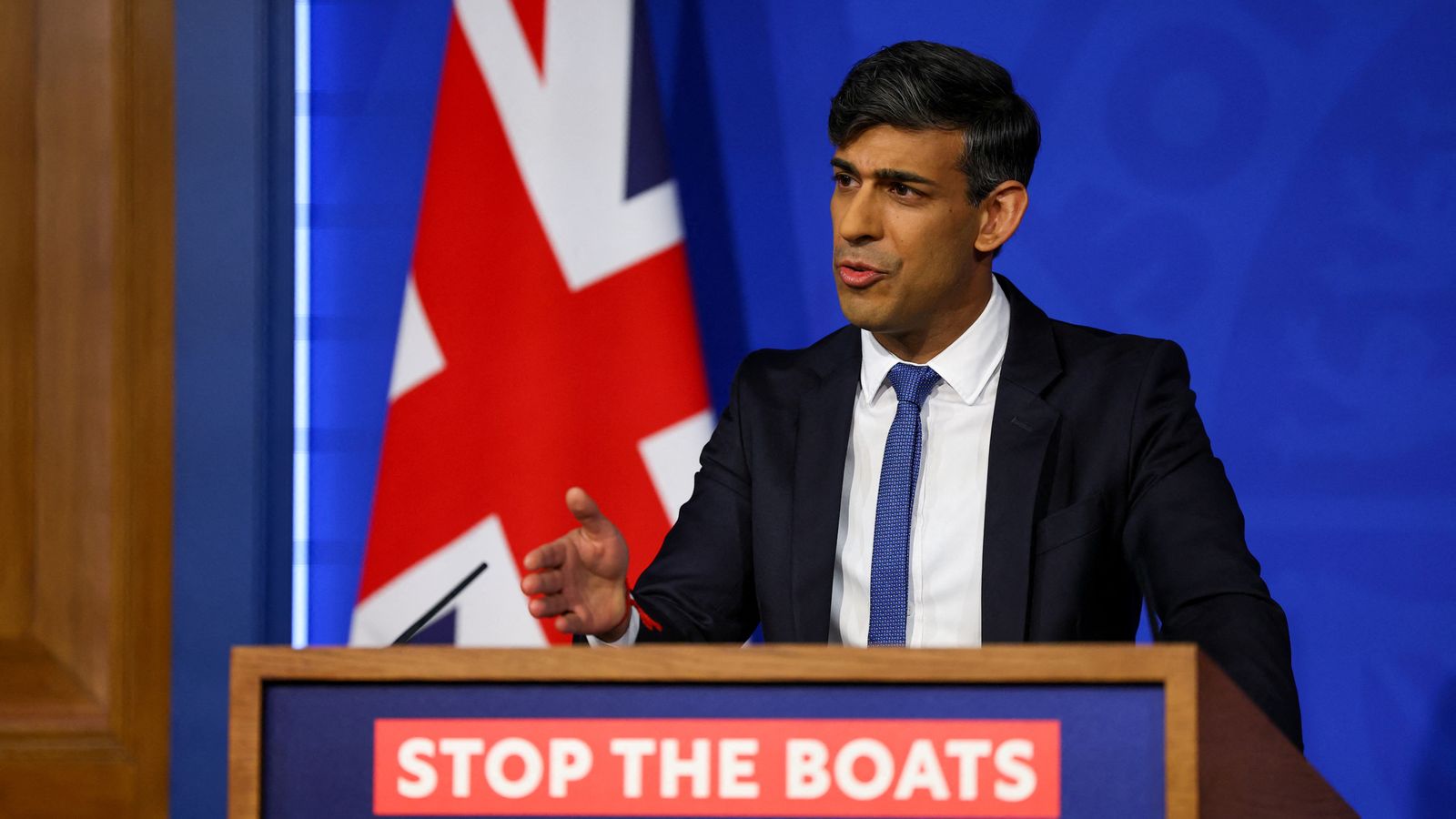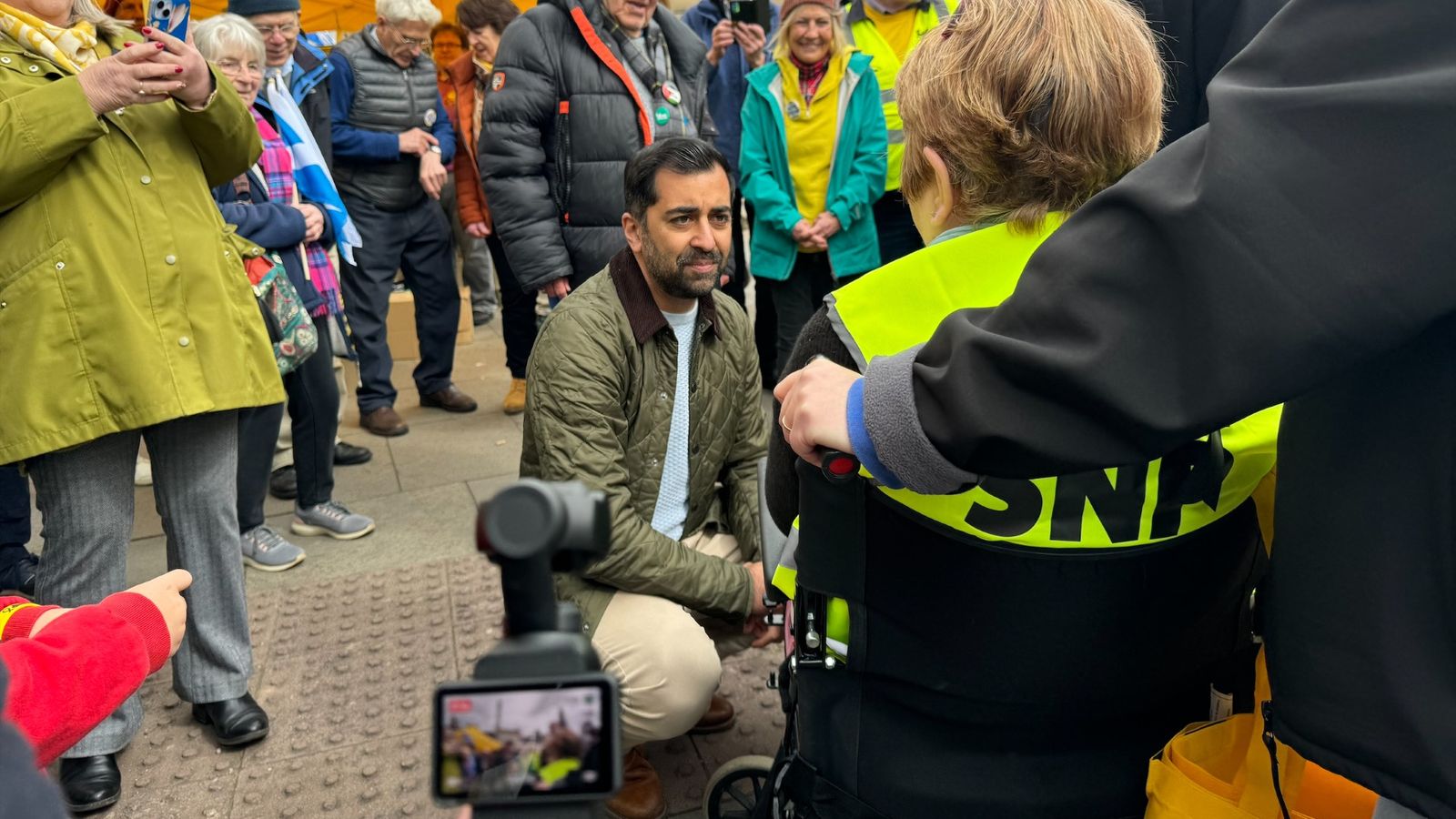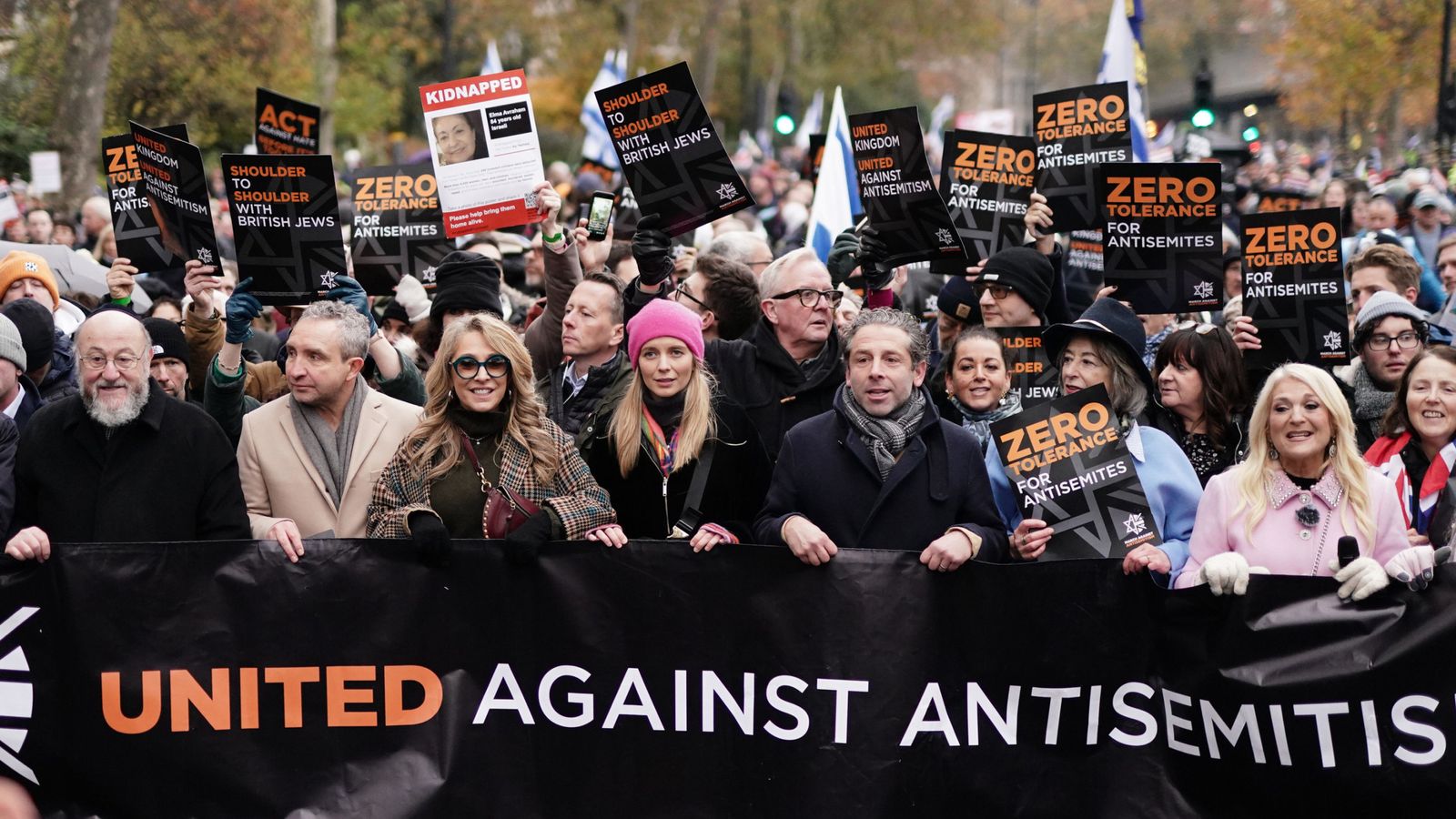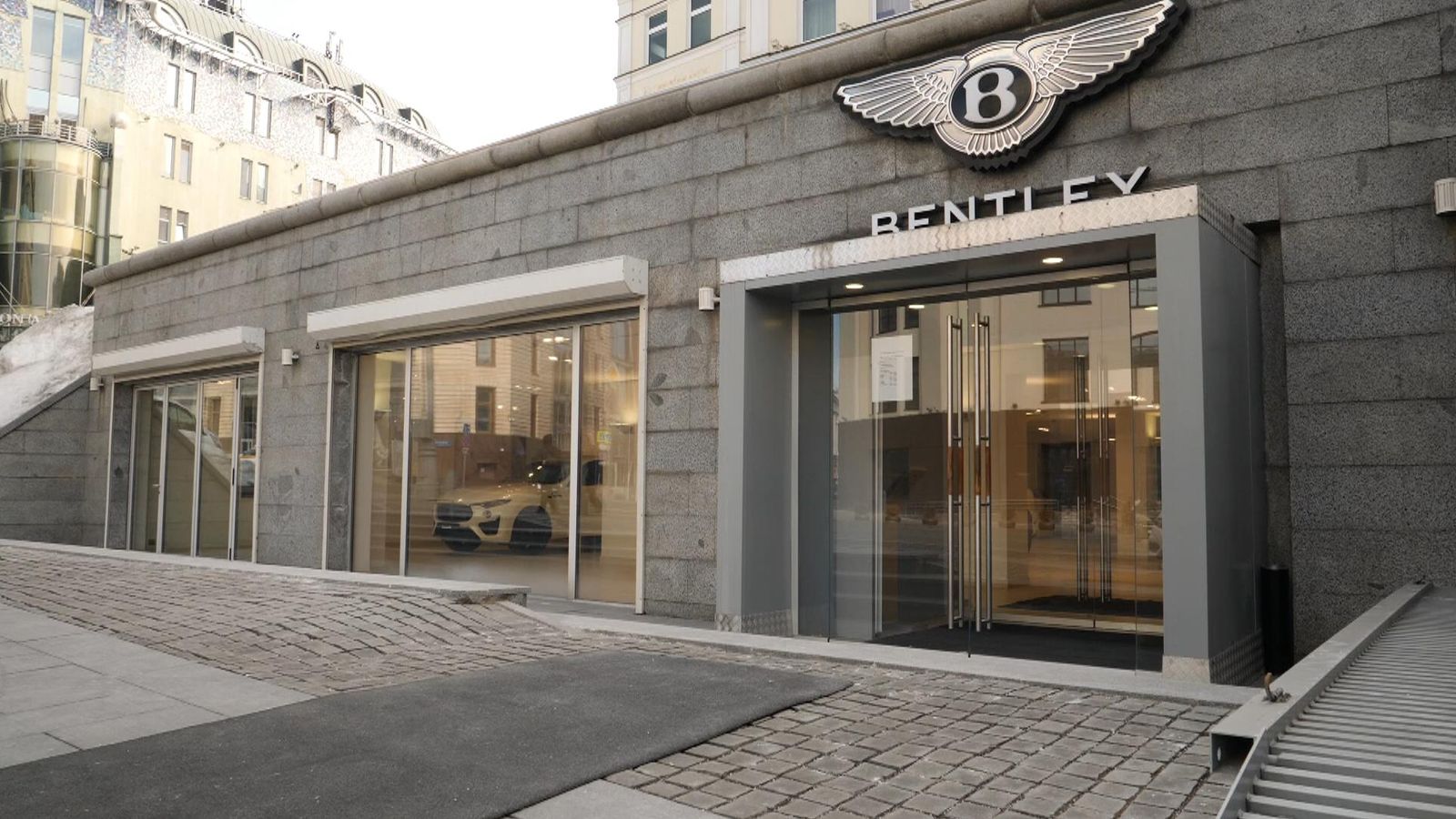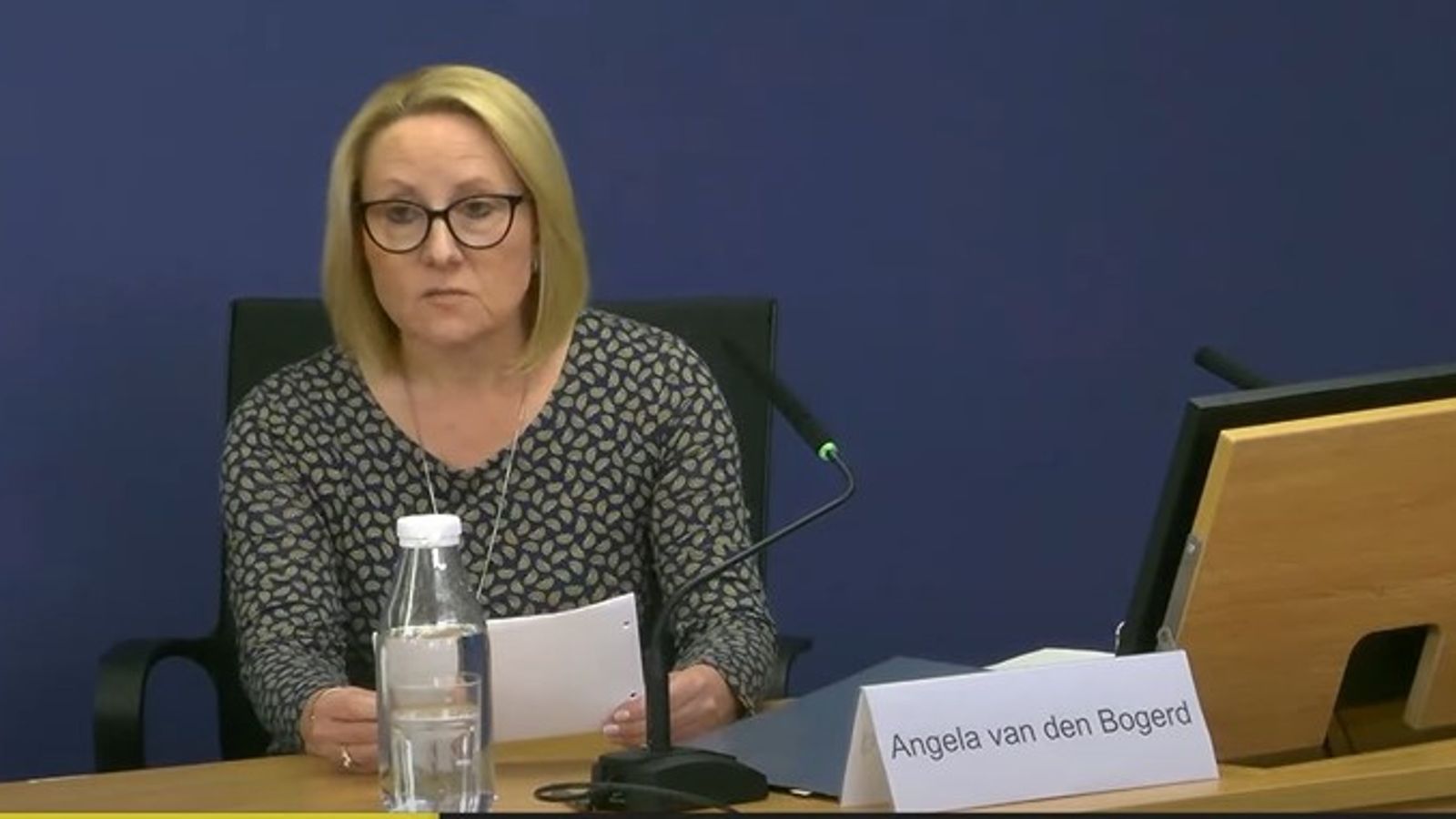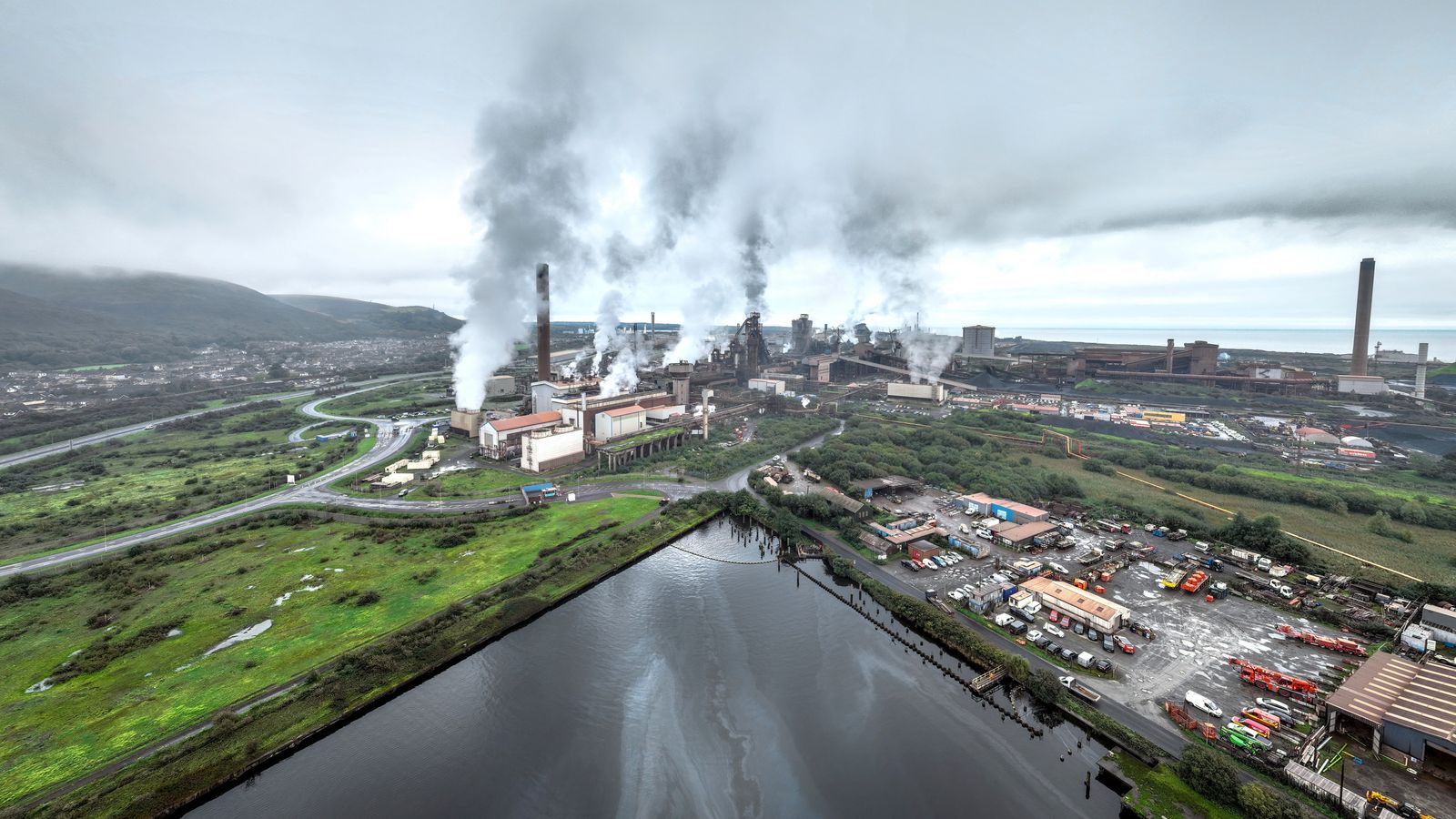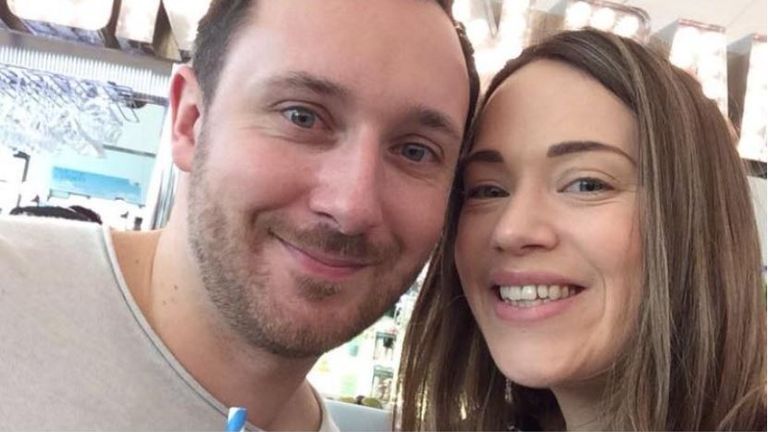
A father, who is to receive a $100m (£78m) settlement after his son died in a helicopter inferno, has told Sky News there could be around 8,000 “flying bombs” in the US due to the danger of fuel tanks that might rupture.
British tourist Jonathan Udall, 31, suffered burns to over 90% of his body after the aircraft burst into flames in the Grand Canyon.
He died after spending 12 days in hospital following the tragedy that occurred when the Airbus EC130 B4 came down shortly before sunset on 10 February 2018.
His newlywed wife Ellie Udall, 29, brothers Stuart and Jason Hill, 30 and 32, and Stuart’s 27-year-old girlfriend Becky Dobson, also died in the crash.
Mr Udall’s parents claimed in a wrongful death lawsuit that their son, originally from Southampton, could have survived if it was not for the post-crash fire – caused by the helicopter’s fuel tank that they claim was prone to rupturing.
Mr Udall’s father, Philip, said his son and daughter-in-law “were perfect, they had it all”.
“John was a very successful businessman in the financial world”, working as the southeast manager for Yorkshire Building Society and “he had a blossoming career,” said Mr Udall. Ellie also worked for the same company and “she was incredible”.
He said the family used to have lots of meals together but there was now a “huge hole where they used to sit”.
“There’s nobody in it. There will forever be two seats empty.”
Mr Udall now wants all helicopters in the US to be fitted with crash-resistant fuel systems.
He said that if this doesn’t happen, other people “are going to die” and “it could be your children next”.
The helicopter in which his son lost his life did not have such a system, and he said he had it on “good authority” that if it had been fitted with one, “they [John and Ellie] would have got out”.
“The system won’t completely prevent fire. What it does do is buy time to get out,” he added.
Philip Udall said: “There is a loophole in the law [in the US] that allows helicopters to fly without a crash-resistant fuel system – so basically it’s a flying bomb.”
“And that’s our lawyer’s words. It’s a plastic container about as good as a milk bottle, that you’ve got the fuel in. When the helicopter goes down it just fractures and the fuel is out. This has been going on since 1994.”
Mr Udall said he believes there are around 170 crashes that have happened which were considered to be survivable “and it’s all not survivable because of these fuel tanks”.
He said anyone thinking of getting into a helicopter should ask the following question: “Does this helicopter have a crash-resistant fuel system?”
He said “if the answer is no, I would think very carefully about whether I got into it or not”.
“The Grand Canyon is a rough place. There are mountains, valleys. It’s a very turbulent environment.”
The company which ran the tragic flight in which Jonathan and Ellie later died has since fitted all its aircraft with crash-resistant fuel systems.
What does the law say in America?
Mr Udall stated a law was introduced in the US in 1994 which said all helicopters should have such systems, except ones that were designed in the 1970s but were then modified.
“They didn’t need to have [these systems] so manufacturers took advantage of it, [it was] cheaper.”
“There could be something like 8,000 helicopters flying around looking for somewhere to explode.”
He also said the law was changed in recent years which ruled all newly-built helicopters have to have crash-resistant fuel systems.
“We are looking at what we can do because there are still people climbing into helicopters not aware of… what they are sitting on, because the fuel tank is just behind your head,” Mr Udall warned.
Payout ‘means nothing to us’
The £78m payout he received over his son’s death “means nothing to us”, he added.
“What it means is we have a resource we can call on that we can use, that we can try and get the situation improved. That was the reason for doing it.”
He said he had already provided equipment to burns units and was getting involved with charities.
“The most important thing is to try to move the clock on so there are no flying bombs.”
Read more:
At least five dead and 600,000 without power as storm hammers much of US
Starbucks sued for ‘using coffee from farms with abuses while touting ethical sourcing’
Prosecutor warns of ‘frightening future’ if Trump wins case
Under the settlement approved by a US judge in Clark County, Nevada, on Friday, Philip and Marlene Udall, will receive $24.6m (£19.3m) from the helicopter operator, Papillon Airways, and $75.4m (£59.3m) from its French manufacturer, Airbus Helicopters SAS.
A 2021 report by the National Transportation Safety Board report in the US concluded that a probable cause for the helicopter crash was the pilot losing control due to tailwind conditions.
The pilot, Scott Booth, told police that the aircraft had encountered a “violent gust of wind” and began to spin.
He fractured his lower left leg, and passenger Jennifer Barham had a spinal fracture in the crash. They also suffered severe burns but survived.
Since then, both of Mr Booth’s legs have been amputated.

